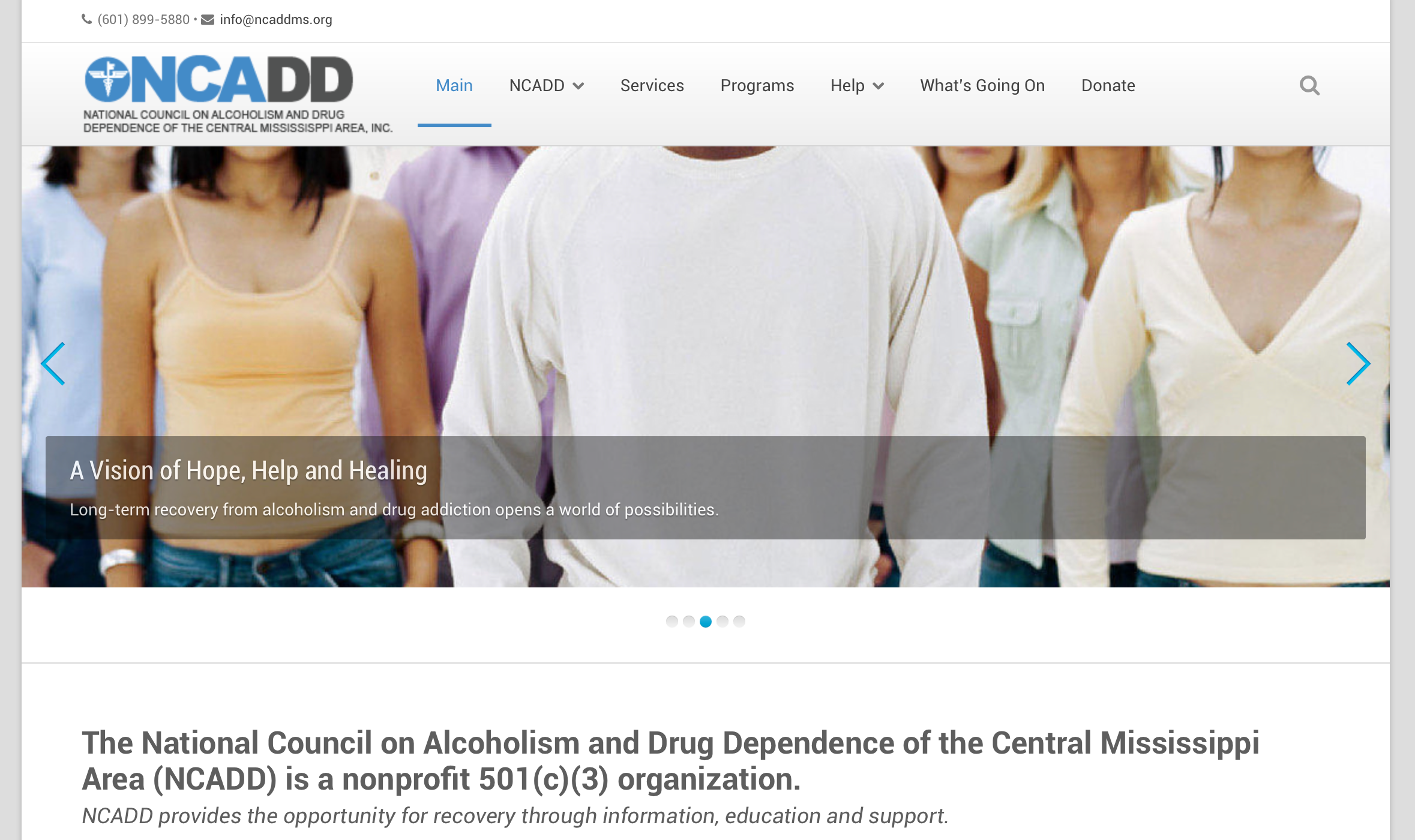Sales of alcohol in Mississippi are up, but advocates are making sure those who deal with addiction and in recovery are supported through the pandemic. MPB's Alexandra Watts reports.
Mississippi Alcohol Sales Up Raising Some Concerns


LISTEN HERE

Sales of alcohol in Mississippi are up, but advocates are making sure those who deal with addiction and in recovery are supported through the pandemic. MPB's Alexandra Watts reports.
Businesses and industries across the state are seeing a decline in sales. Yet, Revenue Commissioner Herb Frierson said one industry is up 27 percent.
"The normal peak is December. We’re selling more wine and spirits than we were during the Christmas [and] New Year’s holiday," Frierson said.
Behavioral health specialists say during this Coronavirus pandemic, people are using alcohol to cope with job loss, money issues, health concerns and isolation from friends and family.
COVID-19 is not the sole reason that causes people drink alcohol, but health specialists are concerned and worried about the recent increase in alcohol sales.
"There is an increase of the number of users and abusers," said Daisy Carter, the executive director of the National Council on Alcoholism and Drug Dependence of the Central Mississippi Area.
"So you have a lot of people that are using drugs and alcohol again to just do it because they’re bored. They think they have nothing else to do, so why not drink or do drugs. And then you also have those people who do have an addiction."
Carter said people at all stages of addiction are affected as structured days and in-person meetings change or are canceled.
"It has added an underlying issue to those who have an addiction or those in the early stages of recovery. You know, they have to deal with stress, loneliness, depression, and especially isolation."
There are still resources available and people working to make sure Mississippians do not go through addiction or recovery alone. Medical detox and treatment centers are still open across the state, and virtual Alcoholics and Narcotics Anonymous meetings are also available online.
Carter says the number of people at these meetings has increased from around 20 to 90 — which shows another alcohol-related rise — a rise in people who continue to get help during the pandemic.
For more information on treatment and recovery, visit NCADD's website for phone numbers, resources and more.